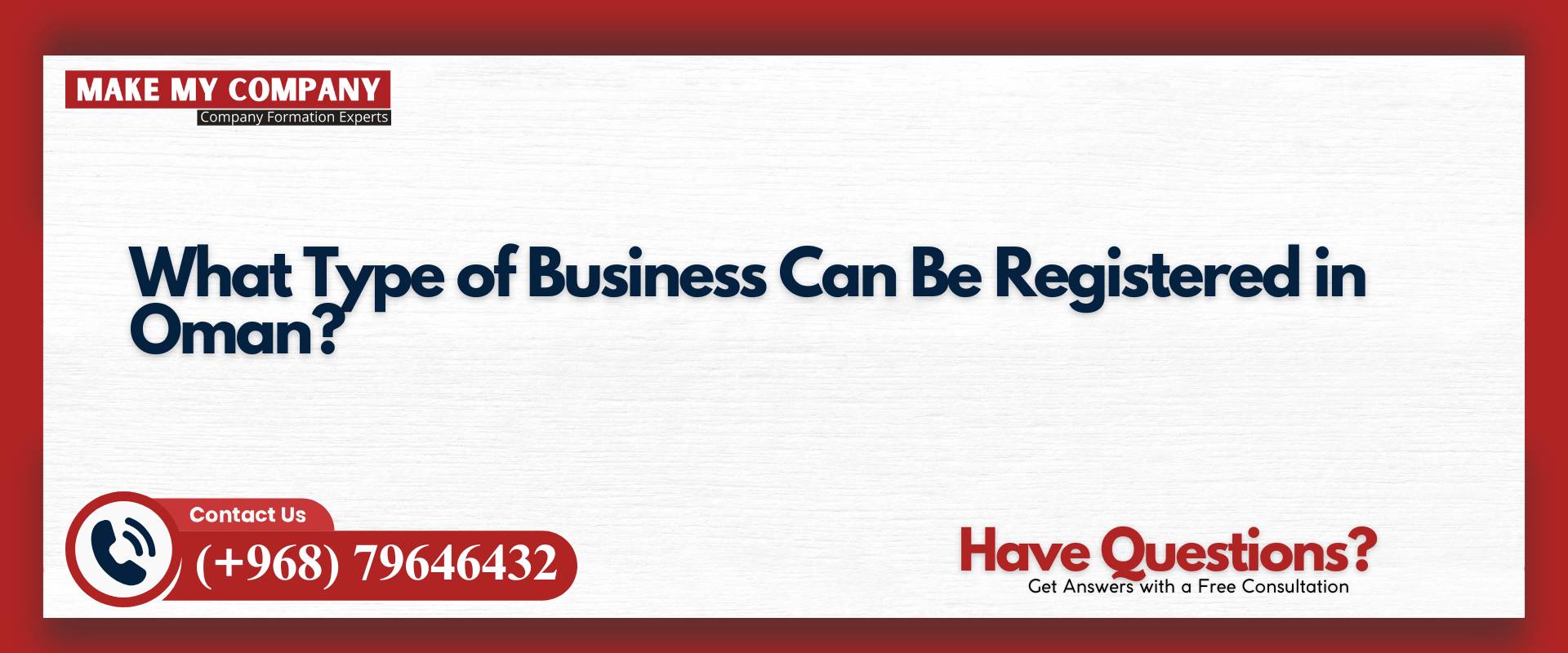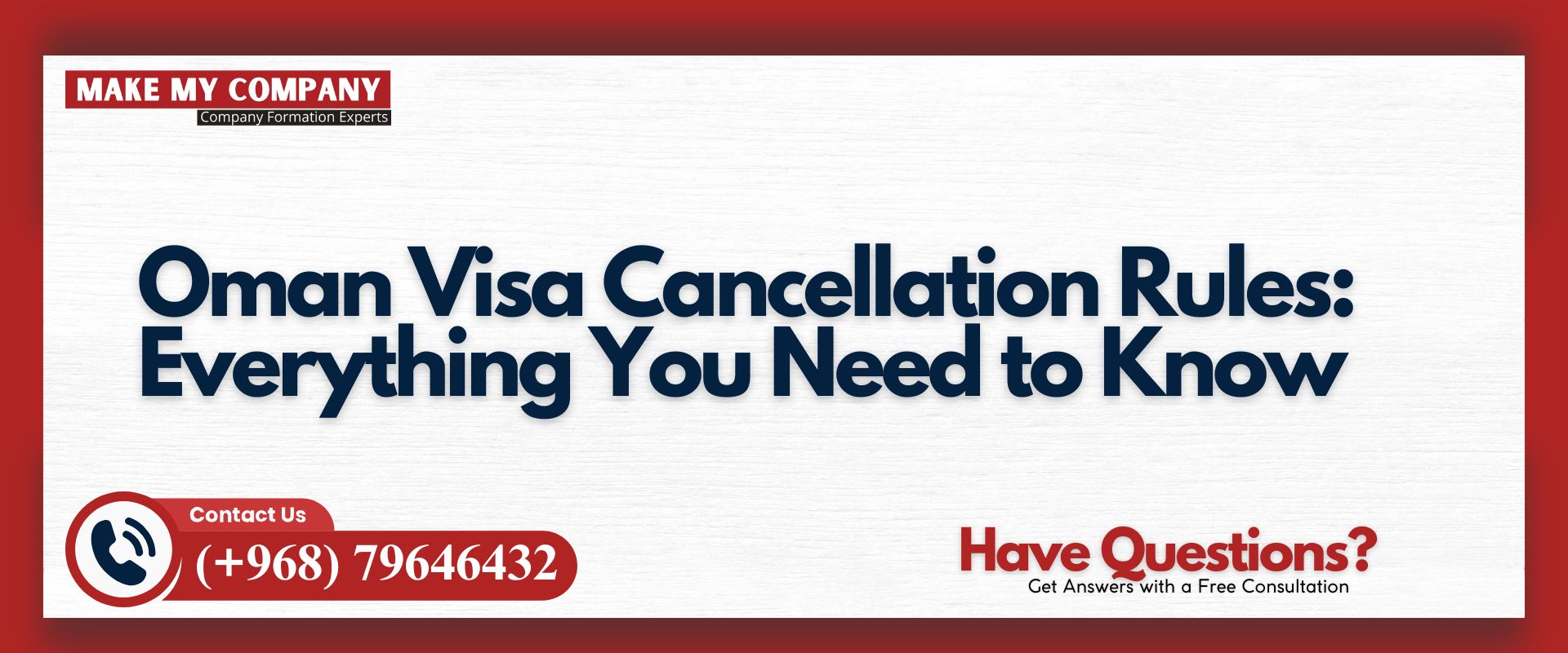Oman offers a wide range of opportunities for entrepreneurs looking to establish their ventures in the region. The country’s strategic location, robust economy, and business-friendly environment make it an attractive destination for investors. Whether you’re a local entrepreneur or a foreign investor, understanding the types of businesses that can be registered in Oman is crucial for a successful business setup. This introduction will explore the various business structures available in Oman, highlighting the key aspects of the business setup process in Oman, the requirements to start a business in Oman, and the necessary business licenses in Oman.
Types of Businesses in Oman
When considering business registration in Oman, it’s essential to know the different types of business entities you can establish. Each type has its own set of requirements, benefits, and limitations. Here are the main types:
1. Sole Proprietorship
A Sole Proprietorship is the simplest form of business structure, where a single individual owns and manages the business. This type is suitable for small businesses and entrepreneurs who want to have complete control over their operations. However, it also means that the owner is personally liable for all business debts and obligations.
2. Limited Liability Company (LLC)
An LLC is one of the most popular types of businesses in Oman due to its flexibility and limited liability protection. It requires a minimum of two shareholders and can have up to fifty. The liability of shareholders is limited to their share capital, making it a safer option for investors. LLCs are suitable for both small and large enterprises.
3. Joint Stock Company
Joint Stock Companies are divided into Public Joint Stock Companies (PJSC) and Closed Joint Stock Companies (CJSC). These types of businesses are more complex and are typically used for larger enterprises and projects. PJSCs can offer shares to the public and require a higher minimum capital, while CJSCs cannot offer shares to the public but have lower capital requirements.
4. Branch Office
Foreign companies can establish a Branch Office in Oman to conduct business without creating a separate legal entity. This allows the parent company to maintain control over the branch’s operations. A branch office is ideal for businesses looking to expand their presence in Oman while retaining their original structure.
5. Representative Office
A Representative Office is similar to a Branch Office but is limited in its activities. It can only conduct market research and promotional activities on behalf of the parent company. It cannot engage in commercial activities or generate revenue. This type is suitable for companies looking to explore the Omani market before committing to a full business setup.
6. Free Zone Company
Oman has several Free Zones offering various incentives, such as tax exemptions and 100% foreign ownership. Free Zone Companies are ideal for businesses focused on import-export activities. Each Free Zone has its own set of regulations and benefits, so choosing the right one depends on your business needs.
Oman Business Registration Process
Establishing a business in Oman can be a strategic move due to its favorable business environment, stable economy, and strategic location. However, navigating the Oman business registration process involves several steps that must be followed meticulously to ensure compliance with local regulations. This guide will outline the essential stages of registering a business in Oman, from initial planning to obtaining the necessary licenses.
1. Initial Planning and Research
Before diving into the registration process, it’s crucial to conduct thorough research and planning. This involves understanding the local market, identifying your target audience, and determining the type of business structure that suits your needs. In Oman, businesses can be set up as Limited Liability Companies (LLCs), Joint Ventures, Sole Proprietorships, or Branch Offices of foreign companies.
2. Choosing a Business Structure
The choice of business structure will affect your registration requirements, liability, and tax obligations. Here are the most common types:
- Limited Liability Company (LLC): Popular among foreign investors due to limited liability and ease of operation. It requires a minimum of two and a maximum of 50 shareholders.
- Joint Venture: Suitable for partnerships between local and foreign investors, often used for larger projects.
- Sole Proprietorship: Ideal for individual entrepreneurs, with the owner bearing full liability.
- Branch Office: Allows foreign companies to operate in Oman without establishing a new entity, though it requires a local sponsor.
3. Name Reservation
Once you’ve decided on the business structure, you must select and reserve a business name. The name should comply with Omani naming conventions and be unique. You can check name availability through the Ministry of Commerce, Industry, and Investment Promotion’s online portal or at their office.
4. Drafting the Memorandum of Association
For LLCs and other corporate structures, you need to draft a Memorandum of Association (MOA) outlining the company’s objectives, ownership details, and operational guidelines. This document must be signed by all shareholders and is essential for the registration process.
5. Obtaining Pre-Licensing Approvals
Depending on your business activities, you may need to obtain approvals from relevant authorities before registration. For example:
- Municipal Approvals: Required for certain types of businesses, especially those involving food, health, or construction.
- Sector-Specific Licenses: Certain industries, such as telecommunications or financial services, require additional permits.
6. Registering with the Ministry of Commerce, Industry, and Investment Promotion
The next step is to submit your registration application to the Ministry of Commerce, Industry, and Investment Promotion (MOCIIP). The required documents include:
- Application Form: Completed and signed application form.
- MOA and Articles of Association: For LLCs and corporate structures.
- Proof of Identity: For all shareholders and directors.
- Proof of Address: Rental agreement or property ownership documents for your business premises.
- Initial Approval: If applicable, from relevant authorities.
7. Obtaining a Commercial Registration Certificate
Once your application is reviewed and approved, you will receive a Commercial Registration (CR) certificate. This certificate is crucial as it legally establishes your business in Oman.
8. Registering for Tax
After obtaining the CR certificate, you must register with the Tax Authority to receive a Tax Identification Number (TIN). This registration is essential for complying with Oman’s tax regulations, including VAT if applicable.
9. Opening a Bank Account
With your CR certificate and TIN, you can open a business bank account in Oman. Banks may require additional documentation, such as a business plan and proof of address.
10. Applying for Additional Licenses
Depending on your business activities, you may need additional licenses, such as:
- Municipal License: For operating in specific municipalities.
- Health and Safety Permits: For businesses involved in food, health, or manufacturing sectors.
- Import/Export Licenses: If you plan to engage in international trade.
11. Post-Registration Compliance
After registering your business, ensure ongoing compliance with local regulations, including:
- Employee Regulations: Register employees with the Ministry of Labor and ensure compliance with labor laws.
- Annual Renewals: Renew your business licenses and CR certificate annually.
- Tax Filings: File regular tax returns and comply with VAT regulations.
12. Hiring a Local Sponsor (if required)
For certain business structures, especially foreign-owned companies, having a local sponsor is mandatory. The sponsor holds a stake in the company and assists with regulatory compliance. Choosing a reputable and trustworthy local sponsor is crucial for smooth operations.
How Make My Company Helps to Set Up Business in Oman
Make My Company is a premier business setup company in Oman that specializes in helping entrepreneurs and investors establish their businesses seamlessly. As a leading business setup consultant in Oman, Make My Company provides comprehensive support throughout the entire business setup process in Oman. Their expert team offers personalized guidance on selecting the appropriate business structure, ensuring compliance with local regulations, and obtaining the necessary business licenses in Oman. From initial planning and documentation to navigating legal requirements and post-setup support, Make My Company ensures a hassle-free experience for those looking to start a business in Oman. With their in-depth knowledge and extensive experience, Make My Company is your trusted partner for a successful business establishment in Oman.









